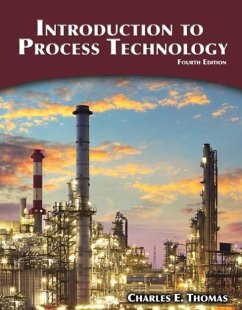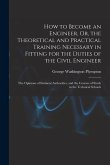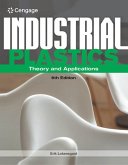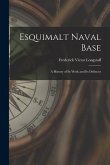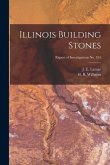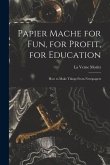Suitable for both aspiring process technicians and active process technology professionals, this wide-ranging guide provides a thorough grounding in the history, science, technology, equipment, systems, operations, and troubleshooting principles associated with modern manufacturing. Following years of widespread use and testing, INTRODUCTION TO PROCESS TECHNOLOGY, Fourth Edition, is a proven product featuring a logical sequence of topics¿including safety, instrumentation, applied physics and chemistry, and quality control¿aligned to the structure of accredited college courses and professional training programs. Technically accurate and up to date, the Fourth Edition remains affordable, reader-friendly, and highly visual, with ample illustrations and photographs to make complex technical concepts easier to understand and apply.

